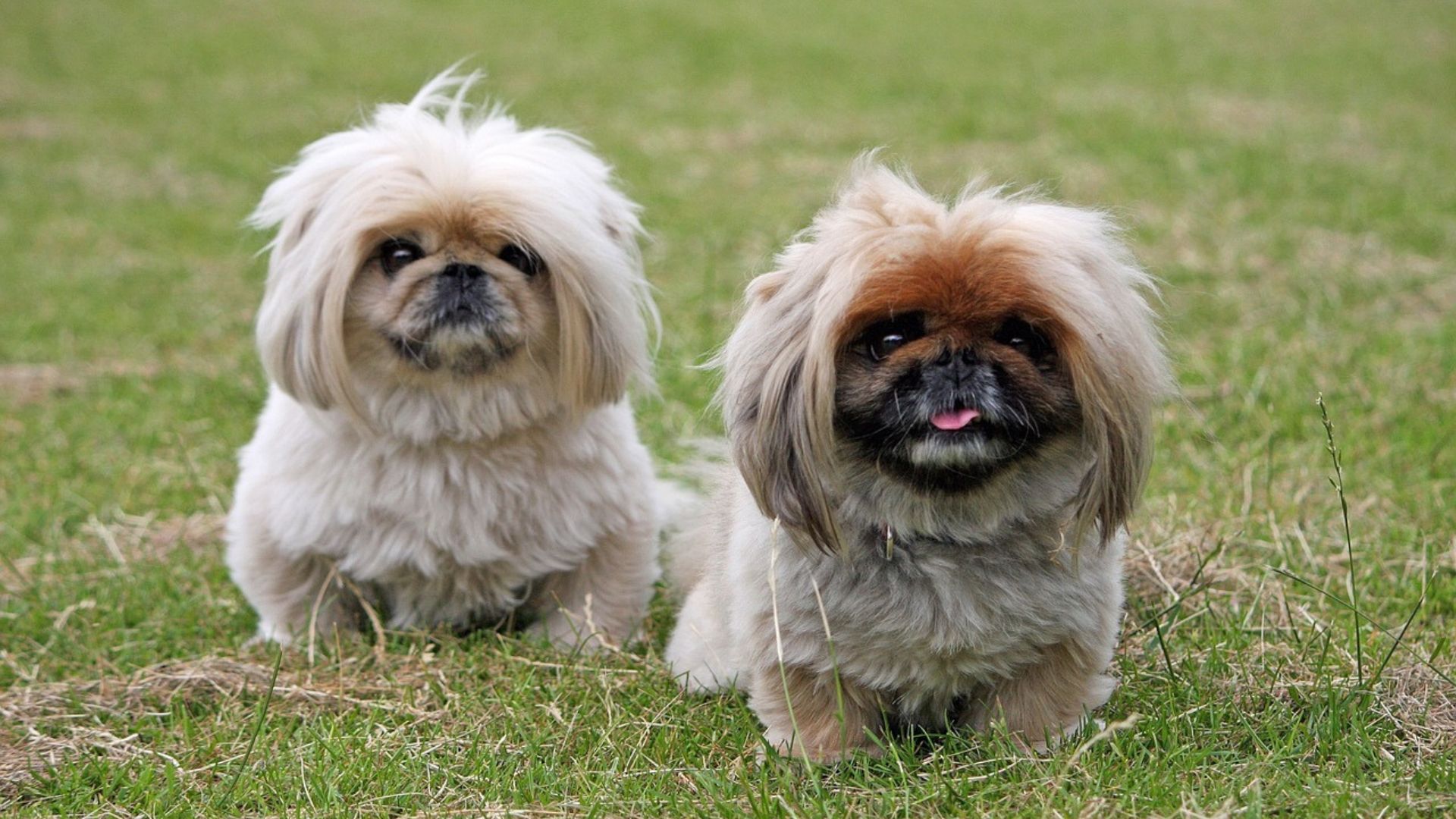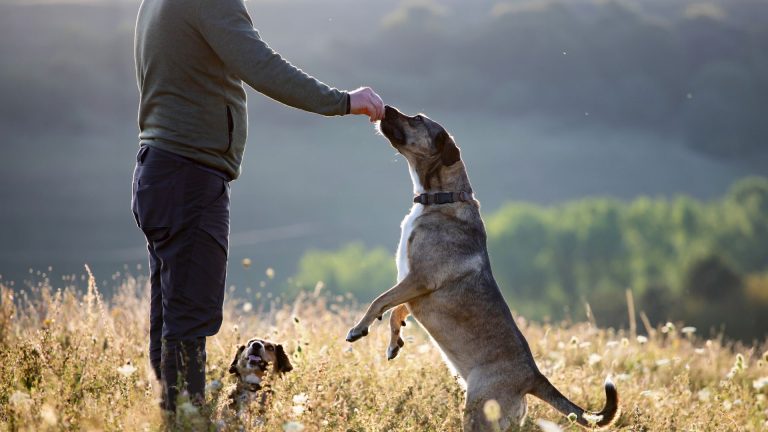
Contents
- 1 The Importance of Early Socialization
- 2 Key Benefits of Socialization
- 3 Effective Socialization Techniques
- 4 Creating Positive Experiences
- 5 Socialization Checklist
- 6 Professional Support
- 7 Common Challenges and Solutions
- 8 Advanced Socialization Tips
- 9 Long-term Benefits
- 10 Safety Considerations
- 11 Building Social Skills
- 12 Ongoing Socialization
- 13 Professional Guidance
Dog socialization is a crucial aspect of raising a well-adjusted and confident canine companion. When properly socialized, dogs develop into balanced adults capable of handling various situations with ease and grace. Here are some dog socialization tips to help you spend quality time with your canine friend.
The Importance of Early Socialization
Early socialization creates the foundation for a dog’s future behavior and confidence. Puppies who receive proper socialization during their critical period (before 14 weeks of age) are more likely to develop into well-adjusted adults8. These early experiences shape how dogs interact with their environment throughout their lives.
Key Benefits of Socialization
Confidence Building
Dogs who undergo proper socialization develop strong confidence levels, enabling them to handle unexpected situations without fear. These dogs typically display neutral tail positions and relaxed postures when meeting new dogs or people.
Reduced Behavioral Issues
Well-socialized dogs are less likely to exhibit problematic behaviors such as:
- Excessive barking
- Inappropriate nipping
- Fighting over resources
- Indoor elimination due to stress
Effective Socialization Techniques
Controlled Interactions
Begin socialization in controlled environments where you can manage the intensity of experiences. Start with familiar people and gradually introduce new individuals, always monitoring your dog’s comfort level.
Environmental Exposure
Take your dog to various locations and expose them to different situations:
- Dog-friendly parks
- Pet stores
- Quiet streets
- Busy neighborhoods
Creating Positive Experiences
Positive Reinforcement
Use treats, praise, and rewards to create positive associations with new experiences. This approach helps dogs develop confidence and enthusiasm for novel situations.
Socialization Checklist
People Introduction
- Family members
- Friends
- Strangers
- People wearing different clothing
- Children (supervised)
Environmental Exposure
Create positive experiences with:
- Different floor surfaces
- Various sounds
- New smells
- Different weather conditions
Professional Support
Puppy Classes
Consider enrolling in structured socialization classes where puppies can interact with peers in a controlled environment. These classes should require proof of vaccinations and provide expert supervision.
Common Challenges and Solutions
| Challenge | Solution |
|---|---|
| Fear Response | Start with distance, gradually decrease it |
| Overexcitement | Use calming techniques and rewards |
| Aggression | Seek professional help immediately |
| Anxiety | Create predictable, positive experiences |
Advanced Socialization Tips
Handling Exercises
Teach your dog to accept handling of various body parts:
- Paws
- Ears
- Mouth
- Tail
Sound Desensitization
Gradually introduce your dog to various sounds:
- Vacuum cleaners
- Thunderstorms
- Fireworks
- Traffic noise
Long-term Benefits
Physical and Mental Health
Properly socialized dogs typically experience:
- Reduced stress levels
- Better physical health
- Improved mental stimulation
- Enhanced quality of life
Safety Considerations
Vaccination Requirements
Ensure your puppy has appropriate vaccinations before extensive socialization. Until then, focus on controlled environments and known, healthy dogs.
Monitoring Body Language
Learn to read your dog’s stress signals:
- Lip licking
- Yawning
- Avoiding eye contact
- Tucked tail
- Raised hackles
Building Social Skills
Dog-to-Dog Interactions
Allow your dog to learn proper canine communication through supervised interactions with well-behaved dogs. This helps them understand:
- Play signals
- Social boundaries
- Pack dynamics
Ongoing Socialization
Maintenance Training
Continue socialization throughout your dog’s life to maintain positive behaviors and confidence. Regular exposure to new experiences helps prevent regression and maintains social skills.
Professional Guidance
When faced with specific challenges or concerns during the socialization process, don’t hesitate to seek help from:
- Professional dog trainers
- Certified behaviorists
- Veterinary professionals
Remember that socialization is an ongoing process that requires patience and consistency. The time invested in proper socialization will result in a well-adjusted, confident, and happy canine companion who can navigate various social situations with ease.Through careful attention to socialization, you can help your dog develop into a well-mannered and socially adept companion who brings joy to both your life and the lives of those around you. The key lies in maintaining patience, using positive reinforcement, and ensuring all experiences contribute to building your dog’s confidence and social skills.
Read More: Petfleck.com

Hello, I’m Donna Carter, the founder and writer behind PetFleck.com. My journey with dogs started years ago, and it’s been a passion that has only grown stronger over time. I’ve always been fascinated by the unique behaviors and characteristics of different dog breeds, and this curiosity has led me to dive deep into the world of canine studies.
My love for dogs is the driving force behind everything I do. I’ve dedicated countless hours to researching and understanding the nuances of dog care, training, and breed-specific traits. This dedication helps me create content that is not only informative but also genuinely helpful for fellow dog lovers and owners.
At PetFleck, I combine my extensive knowledge and hands-on experience with my passion for dogs to provide valuable insights and tips. Whether it’s exploring different breeds or offering practical advice on dog care, I aim to share knowledge that makes a real difference in the lives of dogs and their families.
I’m thrilled to share my love for dogs with you through my writing. I hope my articles inspire and inform, helping you to better understand and appreciate the incredible bond we share with our furry friends.
Thank you for visiting PetFleck.com, and I look forward to connecting with you through our shared love of dogs!

